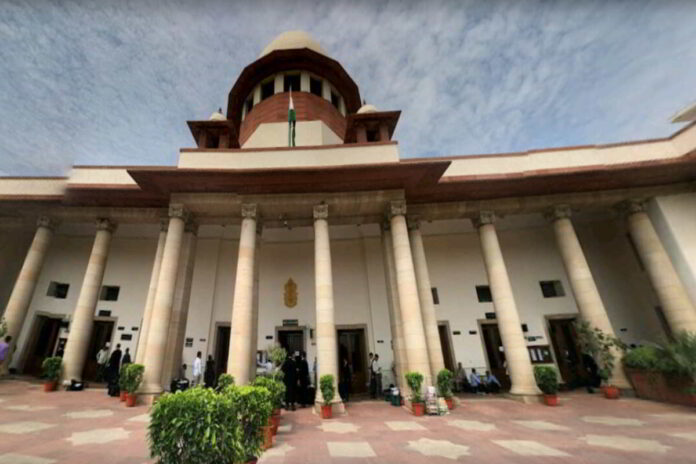Recently, the Supreme Court observed that a criminal court, while exercising its jurisdiction to grant anticipatory bail/bail, cannot be expected to act as a recovery agent to realise dues of a complainant. The Bench observed thus and set aside a condition imposed by Madhya Pradesh High Court on the accused while granting anticipatory bail to
To Read More Please Subscribe to VIP Membership for Unlimited Access to All the Articles, Download Available Copies of Judgments/Order, Acess to Central/State Bare Acts, Advertisement Free Content, Access to More than 4000 Legal Drafts( Readymade Editable Formats of Suits, Petitions, Writs, Legal Notices, Divorce Petitions, 138 Notices, Bail Applications etc.) in Hindi and English.







